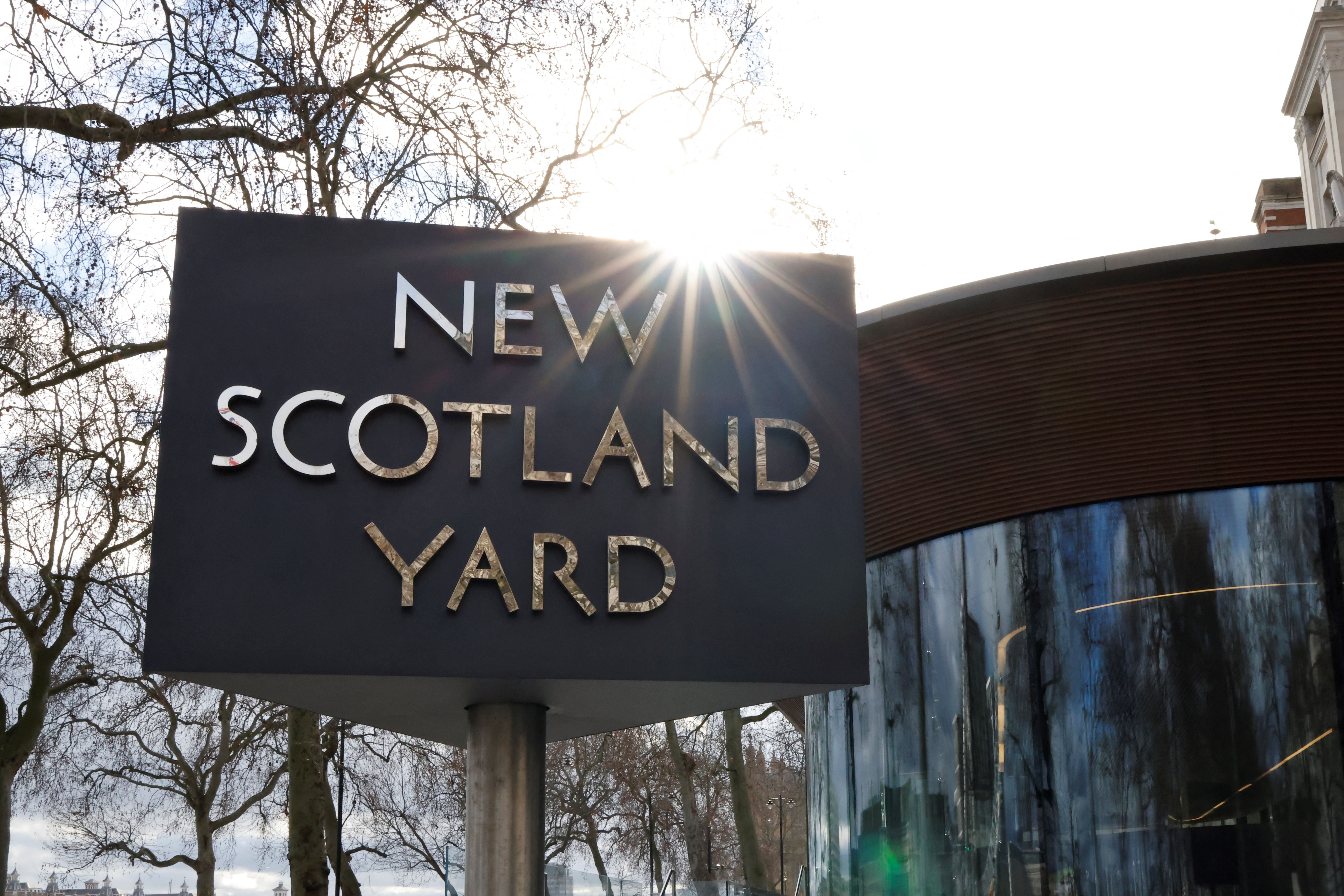Positive discrimination needed to increase black and Asian police officers, report says
At the current pace of change it will take until 2079 for the police service to achieve a workforce that is representative of England and Wales in terms of ethnicity

Your support helps us to tell the story
From reproductive rights to climate change to Big Tech, The Independent is on the ground when the story is developing. Whether it's investigating the financials of Elon Musk's pro-Trump PAC or producing our latest documentary, 'The A Word', which shines a light on the American women fighting for reproductive rights, we know how important it is to parse out the facts from the messaging.
At such a critical moment in US history, we need reporters on the ground. Your donation allows us to keep sending journalists to speak to both sides of the story.
The Independent is trusted by Americans across the entire political spectrum. And unlike many other quality news outlets, we choose not to lock Americans out of our reporting and analysis with paywalls. We believe quality journalism should be available to everyone, paid for by those who can afford it.
Your support makes all the difference.A ‘positive discrimination’ law should be introduced so police forces can boost recruitment of black, Asian and ethnic minority officers, an independent review has recommended.
The Strategic Review of Policing in England and Wales, chaired by Sir Michael Barber and conducted by the Police Foundation think tank, contains 56 recommendations urging radical reform to police culture, skills and training, and organisational structure.
The government should develop a plan to improve workforce diversity, setting targets for female and ethnic minority recruitment for each police force then introduce time-limited positive discrimination until these goals have been met, the report added.
“We are clear that any use of recruitment targets and positive discrimination in England and Wales needs to be backed up by a wider programme of work to build trust in policing particularly among Black communities,” it read.
Review authors referenced the success of the Police Service of Northern Ireland (PSNI) in recruiting more Catholic officers through positive discrimination following the Good Friday Agreement in 1998.
Having a more diverse police force may be less likely to discriminate against minority communities and will be more likely to consider the interests and perspectives of those communities, the authors further acknowledged.
At the current pace of change it will take another 58 years (until 2079) for the police service to achieve a workforce that is representative of England and Wales in terms of ethnicity, the review also found.
The report comes as confidence in policing is at an all-time low following a number of scandals hitting the Metropolitan police, including the kidnap, rape and murder of Sarah Everard by a serving officer and revelations that officers at Charing Cross station shared racist, sexist and Islamophobic messages in WhatsApp groups.
A number of reasons why members of ethnic minority groups are less likely to consider policing as a career were also uncovered in the review including feelings of being unwelcome, a lack of minority ethnic role models in the police and an increased likelihood of receiving hostile reactions from family members due to their perceptions of the police.
The “long history of racism and discrimination in policing evidenced in numerous public inquiries over the years” was also cited in the review, which referenced Scarman (1981) and Macpherson (1998).
Launching the review’s final report at an event in London on Tuesday, Sir Michael Barber described a “crisis of confidence in policing” in Britain which is corroding public trust.
“The reasons are deep rooted and complex – some cultural and others systemic. However, taken together, unless there is urgent change, they will end up destroying the principle of policing by consent that has been at the heart of British policing for decades,” said Sir Michael, a former adviser to Tony Blair.
“Policing in this country is at a crossroads and it cannot stand still whilst the world changes so quickly around it. Now is the moment to move forward quickly on the path of reform. The warning signs if we do nothing are flashing red and we ignore them at our peril.
“We need a modern police service fit for the future which is at the cutting edge of technology and training. And we need it urgently. I believe the will is there and that the talented police officers who work tirelessly for the public would be the strongest champions of change.”
The review also recommends the creation of a Crime Prevention Agency and recommended the National Crime Agency be expanded into a British version of the US Federal Bureau of Investigation.
It encouraged investment in frontline policing, training and technology and training and support for sergeants and inspectors so they are equipped to provide stronger supervision, tackle poor conduct and call out bad behaviour.
Statistics show that since 2000, the percentage of black and minority ethnic police officers has increased steadily from 2.2 per cent to 7.6 per cent. However, this is still some way off being representative of the population of England and Wales (17.6 per cent in 2021).
Asian and mixed ethnicity police officer representation is the highest and their representation is increasing at the fastest rate. The proportion of Asian and mixed ethnicity officers more than doubled between 2007 and 2020.
By contrast black police officers only increased from 1 to 1.3 per cent as a proportion of the workforce in the 14 years to 2021; the report describes this as a major concern given that black Caribbean communities have the lowest levels of trust and confidence in the police.